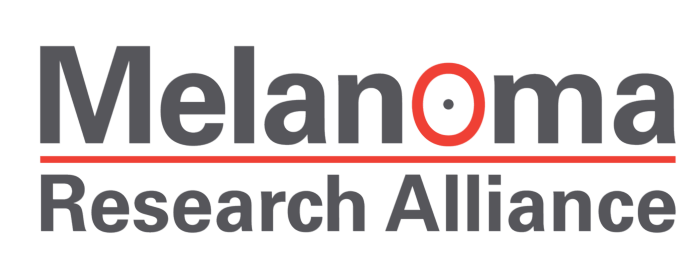Research
Cancer immunotherapy, harnessing a patient’s immune system to fight cancer, has revolutionized the way we treat cancer. However, a large proportion of patients do not respond to this type of therapy, and we do not fully understand why. In our lab, we study how different immune cells affect anti-tumor immunity with the ultimate goal to improve therapies to fight cancer.
In the Kersten lab, we study how interactions between different immune cells in the tumor microenvironment, specifically macrophages and T cells, affect anti-tumor immunity and responsiveness to immunotherapy. How do exhausted T cells modulate the composition of immune cells in tumors? And how do macrophages shut down anti-tumor T cells? Our research is focused on defining the molecular mechanisms that regulate these reciprocal signals to design novel anti-cancer therapies.
Macrophage - T cell crosstalk in the tumor microenvironment
Microenvironmental regulation of immune cell phenotype and function
How immune cells function is highly context-dependent. Upon infiltration in the tumor microenvironment, immune cells face extremely harsh conditions characterized by nutrient deprivation, hypoxia and metabolic challenges resulting in their failure to function properly. We study how different environmental factors impact immune cell phenotype and function, with the goal to optimize their cancer-killing properties.



